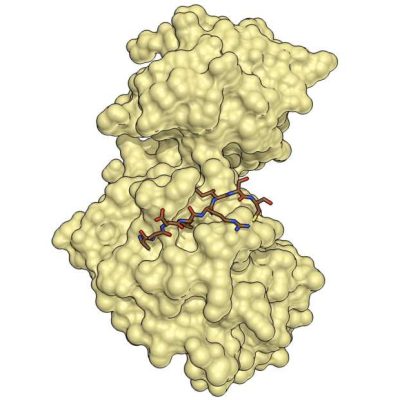For the first time, researchers have analyzed a human brain under hypnosis. The study reveals three changes that occur during a trance state, helping scientists better understand the brain and potentially leading to new approaches for therapies. The question of whether hypnosis is mere trickery has been debated for centuries, but modern medicine has shown that it can influence physical and psychological processes that are otherwise difficult to control. Studies have shown that hypnosis can combat anxiety, alleviate chronic pain, and significantly improve sleep quality. While the medical potential of this method is gaining recognition, little is known about its effects on psychological levels. However, a team of researchers has now discovered what happens in the brain during hypnosis, filling an important knowledge gap.
The researchers from Northwestern University in Chicago recruited 36 participants who were particularly susceptible to hypnosis and another 21 who were difficult to hypnotize. This control group was crucial to ensure that the findings were indeed attributable to hypnosis. The study identified certain brain regions that changed during a trance state. The activity in the dorsal anterior cingulate gyrus, which belongs to the salience network that decides when and how strongly we react to certain stimuli, decreases during hypnosis. The increased activity in the connection between the prefrontal cortex and the insular cortex helps the brain process bodily sensations. The third observation was the change that occurs between the default mode network and the prefrontal cortex, which are active during rest and deactivated during tasks. The connection between these two regions weakens during hypnosis.
The co-author of the study, David Spiegel from Stanford University, explained that during hypnosis, we become so absorbed that we do not pay attention to external influences. This research sheds light on the effects of hypnosis on the brain and could lead to new therapeutic approaches. While the medical potential of hypnosis is gaining recognition, further research is needed to fully understand its effects on psychological levels.










